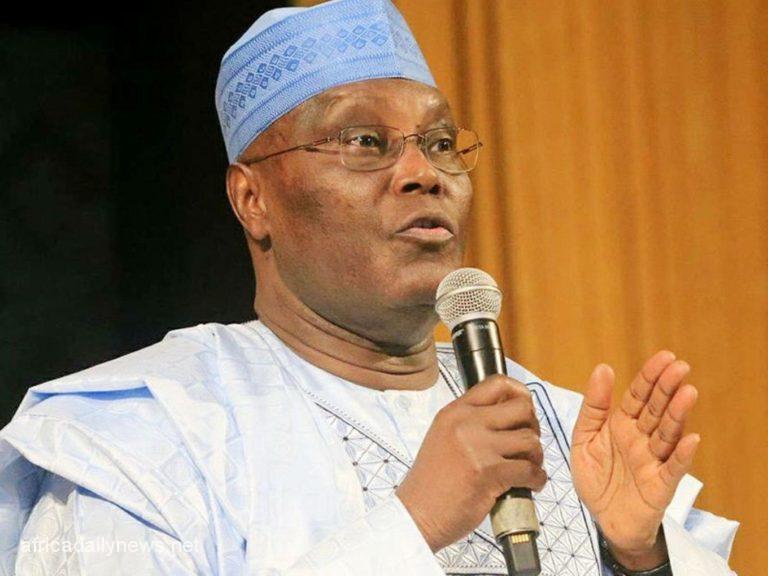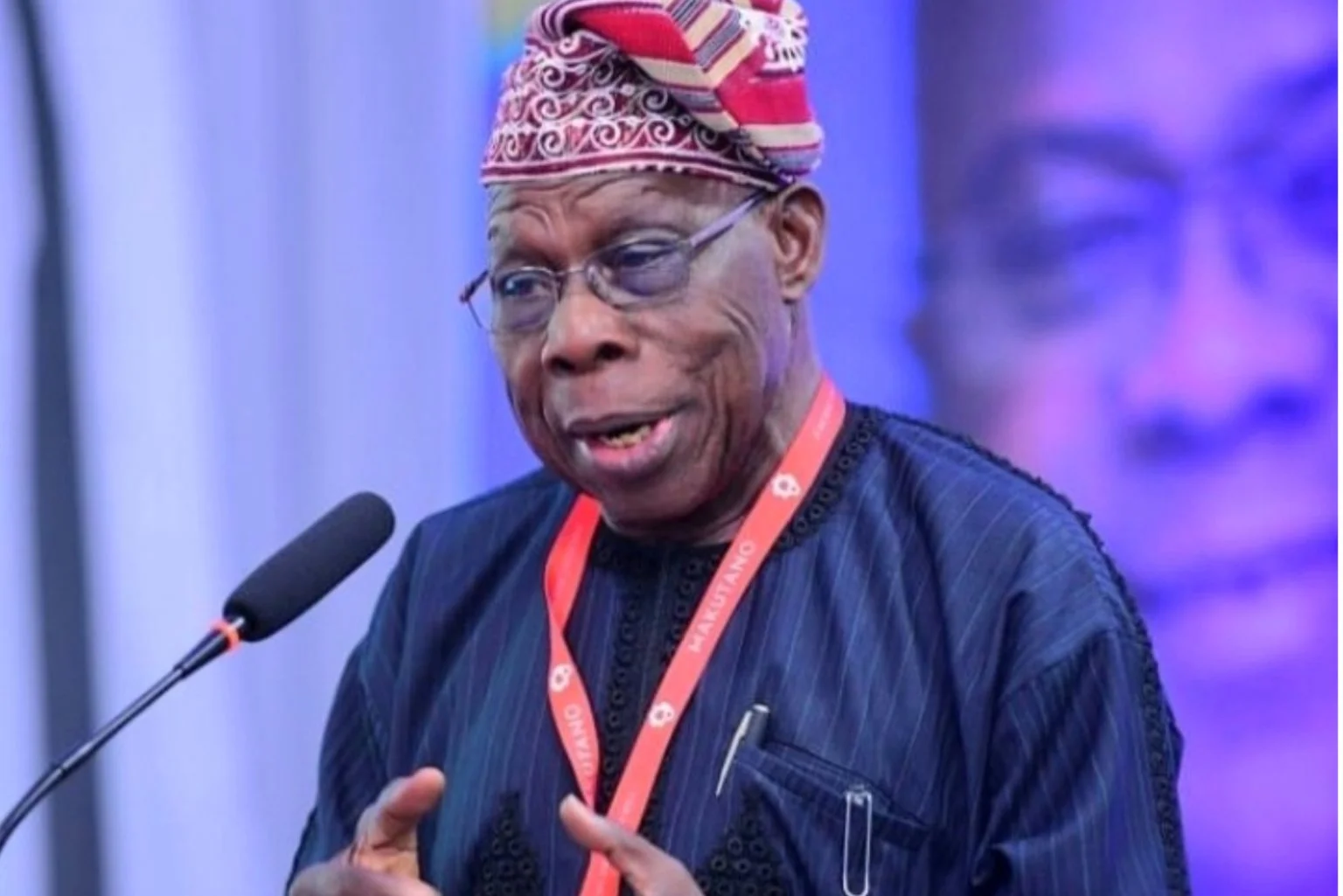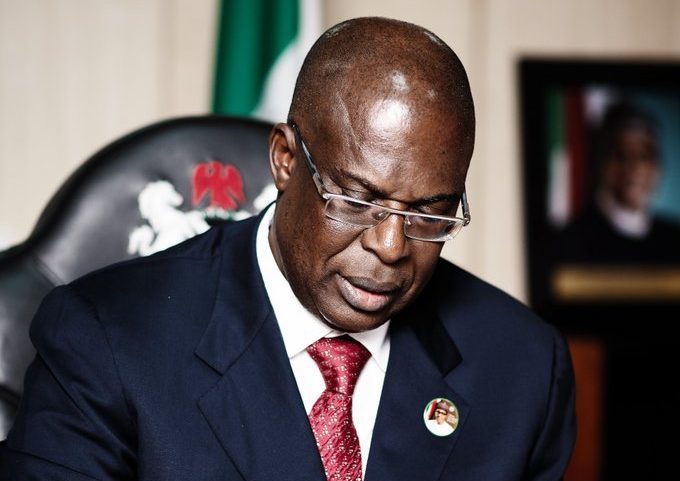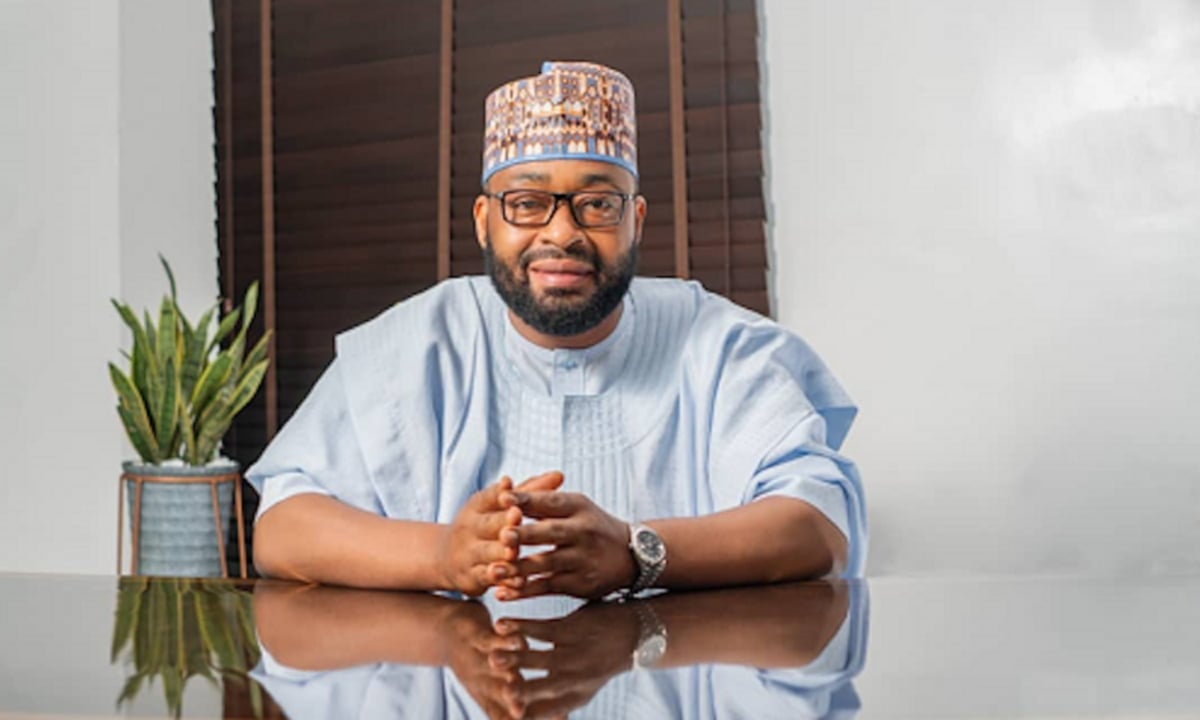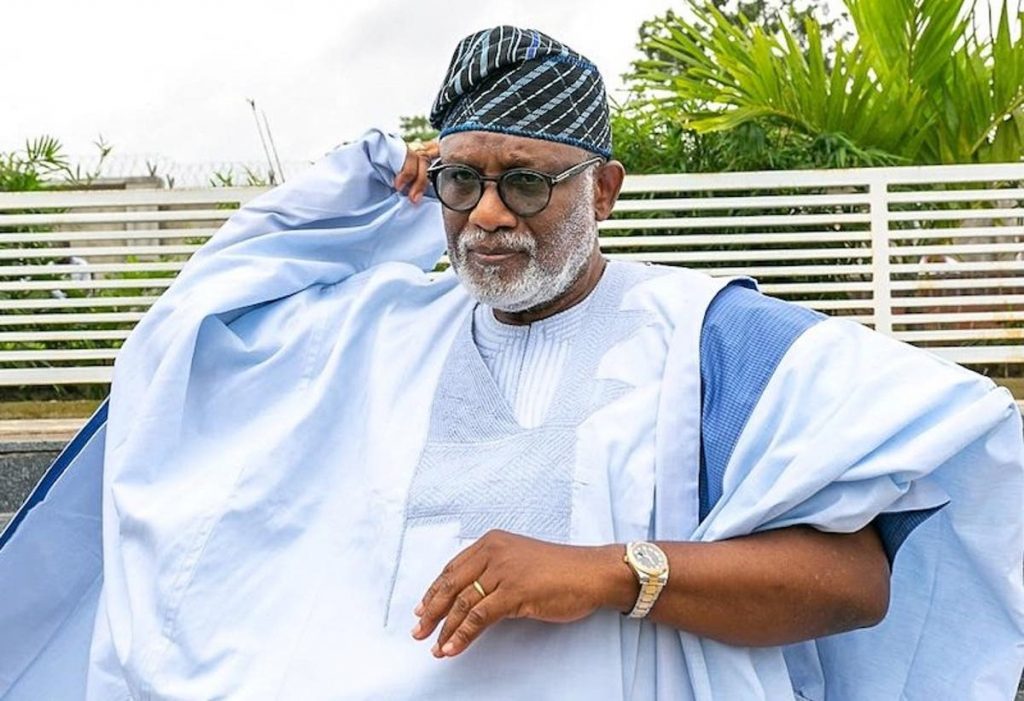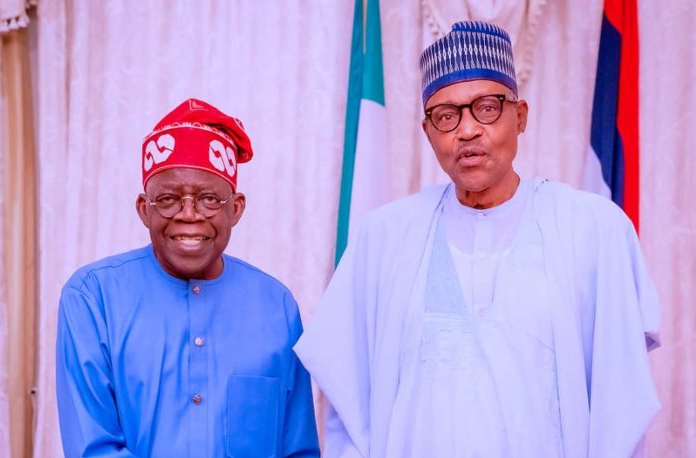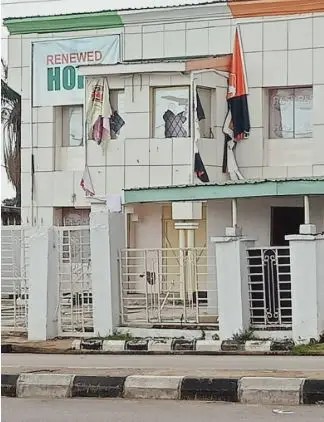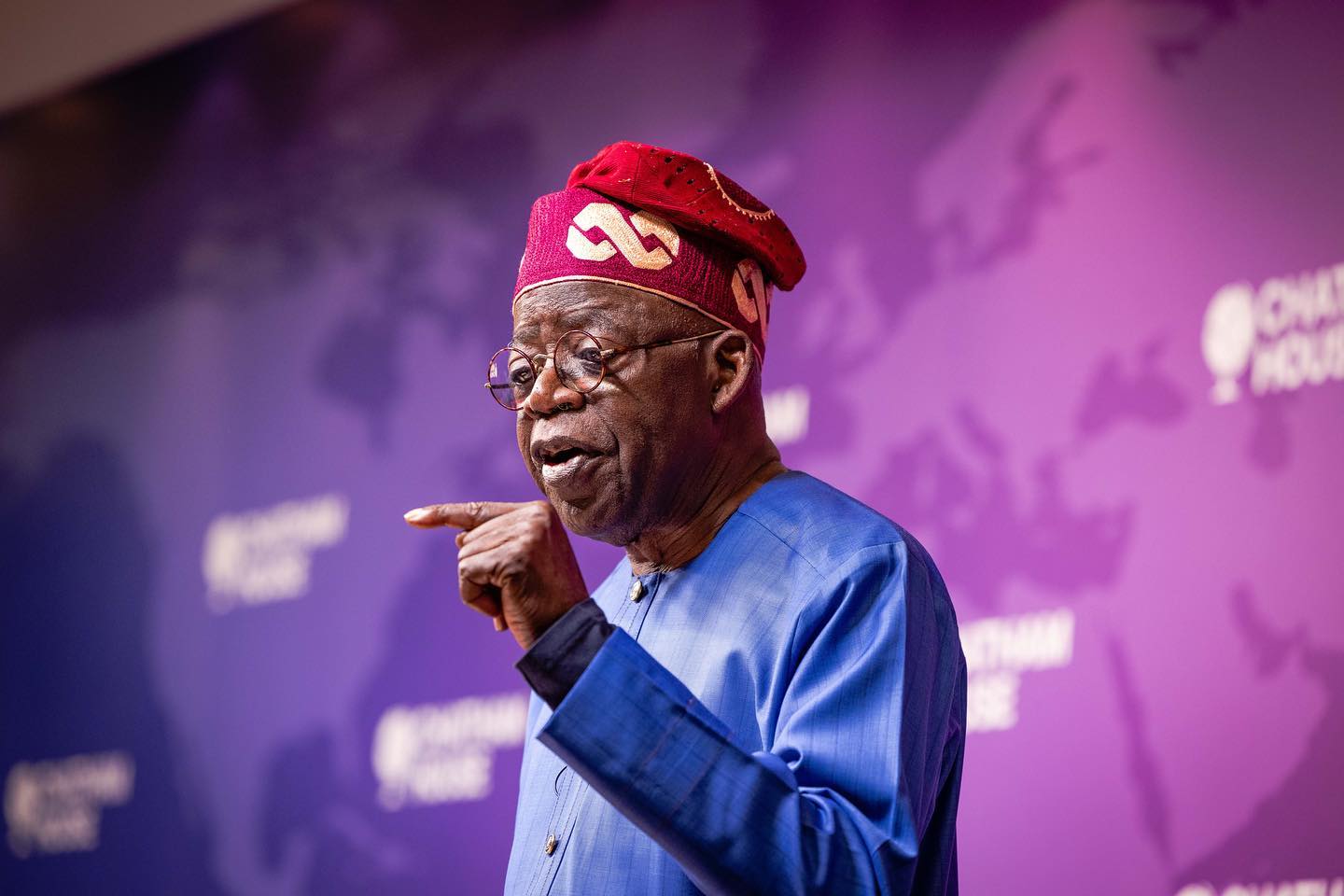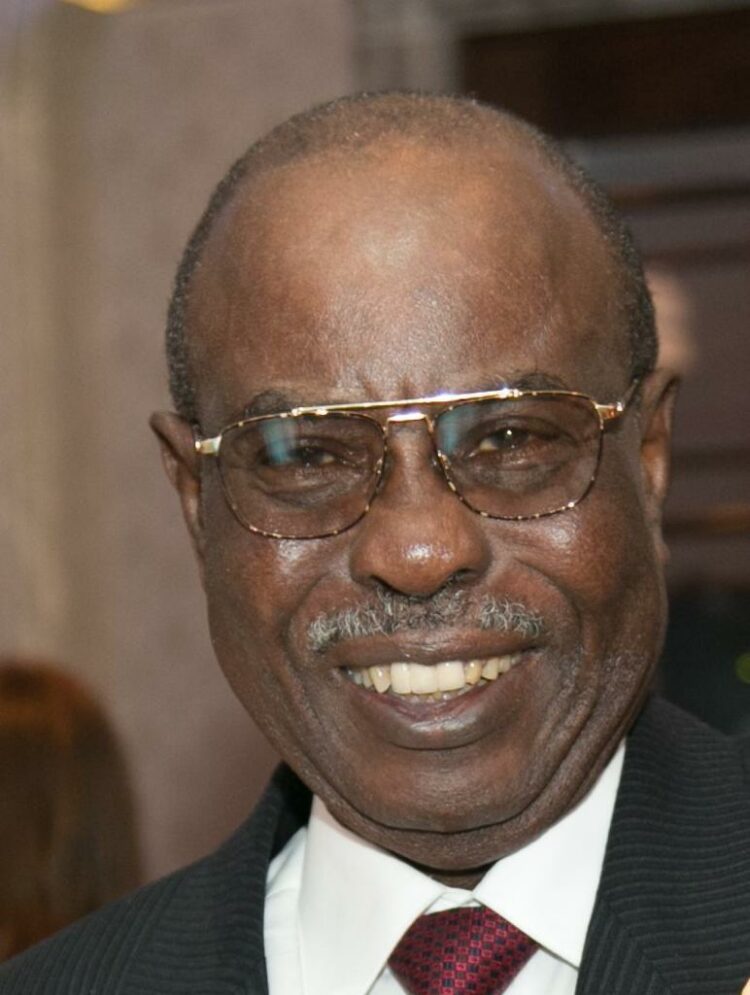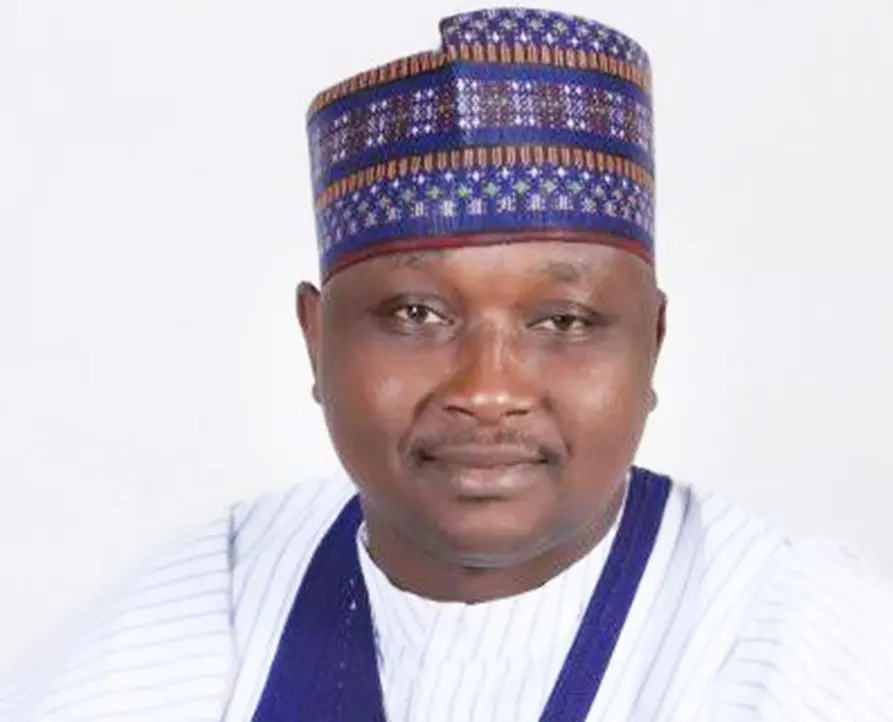Presidential candidate of Peoples Democratic Party (PDP), Atiku Abubakar, has asserted that he would resuscitate Nigeria’s ailing economy by launching a $10 billion Economic Stimulus Fund within his first 100 days in office if he wins the 2023 presidential election. Atiku said the fund would prioritise support to micro, small and medium-scale enterprises (MSMEs) that offer the greatest opportunity for inclusive economic growth.
The PDP presidential candidate spoke in Lagos during the ‘Lagos Chamber of Commerce and Industry (LCCI) Presidential Economic Agenda Forum for the PDP.’ He laid out his economic plan to salvage the country’s economic fortunes before members of Nigeria’s organised private sector.
Atiku also said he would rather privatise Nigeria’s dilapidated refineries rather than spend $1.55 billion on their revitalisation. He added that he would stop all fiscal support to ailing public enterprises and “over the medium term, I will propose legislation for the removal of the entire electricity value chain from the exclusive list and give states the power to generate, transmit and distribute electricity for themselves.”
Read Also: 2023: PDP Will Garner 95% Votes In Delta – Party Chair
Atiku, who commenced efforts to consolidate his support base in the South-west, was due to meet the Oyo State governor, Seyi Makinde, and some leaders in the zone today and tomorrow, in Ibadan.
The meeting was part of efforts to make peace with the camp of Rivers State Governor Nyesom Wike.
The presidential candidate of the main opposition party promised to support PDP to win Lagos State in next year’s governorship election.
Atiku assured the captains of industry of a warm handshake, saying he would listen to the private sector more, restore investors’ confidence in the Nigerian economy, break the jinx of infrastructure finance, declare a state of emergency in the power sector, undertake far-reaching fiscal restructuring that would improve liquidity in the economy and stimulate growth, create jobs, wage war against hunger as well as ensure that over the medium term, recurrent expenditure should not exceed 45 per cent of the budget
Atiku said, ‘Today, I will speak on the strategic steps that I will take to build the economy of our dreams and foster bondless prosperity for all Nigerians. Poverty reduction shall be the centrepiece of our economic development agenda and economic performance shall henceforth be measured by the number of jobs created and the number of people lifted out of poverty.
‘Within the first 100 days of in office, I will create an Economic Stimulus Fund with an initial investment capacity of $10 billion to prioritise support to MSMEs across all the economic sectors, as they offer the greatest opportunities for achieving inclusive growth.
‘I will undertake far-reaching fiscal restructuring to improve liquidity as well as the management of our fiscal resources in five bold steps.
‘First, undertake an immediate review of government spending with a view to eliminating all leakages arising from subsidy payments. With its current precarious fiscal position and daunting development challenges, can Nigeria really afford to forego critical investments in education, health, security, etc. and channel scarce resources to subsidising the lifestyles of its elite?
‘Second, stop all fiscal support to ailing state-owned enterprises. As with subsidy payments, by holding unto these underperforming enterprises, Nigeria is sacrificing investments in critical areas, including water, sanitation, and rural infrastructure. For example, the first phase in the rehabilitation of Nigeria’s refineries is expected to gulp $1.55 billion! I will sell of them.
‘Third, take steps to improve spending efficiency by gradual reduction of government recurrent expenditures. Over the medium term, recurrent expenditures should not exceed 45 per cent of the budget.
‘Finally, focus on non-debt financing by promoting a private-sector led infrastructure development fund for the financing and delivery of key infrastructure projects.’
He added that his administration would be different, as it would support ‘the private sector to drive growth. We will establish strong partnership in investing in infrastructure, in creating jobs and income and in the fight against poverty. We will listen to the private sector more.’
The PDP candidate pointed out that the Nigerian economy was presently crawling rather than growing and that the country was broke and more Nigerians are getting poorer, more miserable today than in 2015, while capital has taken a flight.

